Subject Leader: Mr George Clegg
Curriculum Intent
The intention of the geography curriculum is to develop a student’s knowledge and curiosity for the geographical concepts which underpin the subject, by continually exploring the interconnectedness of physical and human processes; and develop a student’s understanding of the key concepts that connect each area of study through our 5-year curriculum. Studying domains such as tectonics, geomorphology, urbanisation, biology and meteorological processes will allow students to appreciate the vital role that geography plays in developing sustainability, inclusivity and equitability in our global society.
Key Stage 3: Our KS3 topics give students an inspiring, engaging and challenging curriculum. There is a diverse range of content which students are encouraged to think about the big picture, and their role as a responsible citizen in the wider world. There are three thematically-based topics for each year at key stage 3, constructed from some of the key concepts our passionate department identified from years of study in geography. These topics are sequenced to develop an understanding of the different perspectives of geography, from local, national, to international, and how all of these scales interconnect through the processes of physical and human geography.
Key Stage 4: The key stage 4 curriculum is taught in distinct key concepts between physical, human, and skills-based geography to mirror the exam sequence students will experience, building on the domains of knowledge mastered at key stage 3. Over the course of a student’s time in geography they will experience an equal balance of human and physical geography, whilst exploring the key concepts of place, location and space. Our content will enable students to identify how the four types of geography: social, economic, environmental and political, are inherently interconnected and influence their lives in a constant and dynamic way
| Year | Term | Topic | Type Of Assessment | Assessment Window |
|---|---|---|---|---|
| 10 | Autumn | Coastal Landscapes (Paper 1 Section C) | Exam Practice on Coastal Landforms and Coastal Management – self-assessed and teacher marked | WB 10th October |
| Tectonic Hazards (Paper 1 Section A) | Mini Mock Exam | WB 28th November | ||
| Exam Practice on Plate Boundaries and Contrasting Earthquake Case Studies– self-assessed and teacher marked | WB 5th December | |||
| Spring | Weather Hazards (Paper 1 Section A) | Exam Practice on Extreme Weather in the UK and Tropical Storm Responses – self-assessed and teacher marked | WB 9th January | |
| Climate Change (Paper 1 Section A) | Mini Mock Exam | WB 30th January | ||
| Ecosystems (Paper 1 Section B) | Exam Practice on Impacts of Deforestation - self-assessed and teacher marked | WB 20th February | ||
| Tropical Rainforests (Paper 1 Section B) | Full Paper 1 Mock Exam | WB 27th March | ||
| Hot Deserts (Paper 1 Section B) | ||||
| Summer | Urban Issues and Challenges (Paper 2 Section A) | Exam Practice on Favela Bairro Project | WB 15th May | |
| 11 | Autumn | Urban Issues and Challenges (Paper 2 Section A) | Full Paper 1 Mock Exam | WB 26th September |
| Changing Economic World (Paper 2 Section B) | Exam Practice on Opportunities and Challenges in Manchester | WB 14th November | ||
| Combined Papers Mock Exam | WB 5th December | |||
| Spring | Changing Economic World (Paper 2 Section B) | Exam Practice on TNCs in Nigeria | WB 16th January | |
| Full Paper 2 Mock Exam | WB 20th March | |||
| Summer | Issue Evaluation and Fieldwork (Paper 3 Section A and B) | Exam Practice on Issue and Fieldwork Evaluation – self-assessed and teacher marked | WB 24th April | |
| Paper 1 Revision | ||||
| Paper 2 Revision | ||||
| Paper 3 Revision |
Geography Subject Overview CLICK HERE
